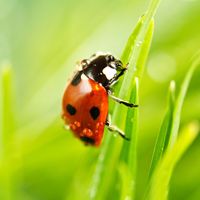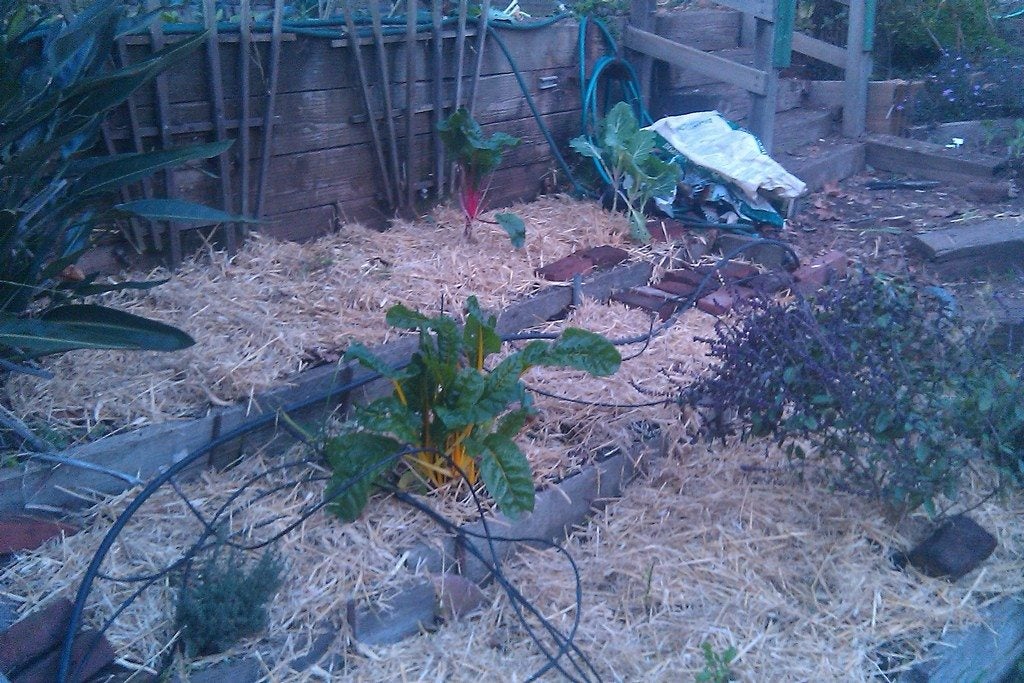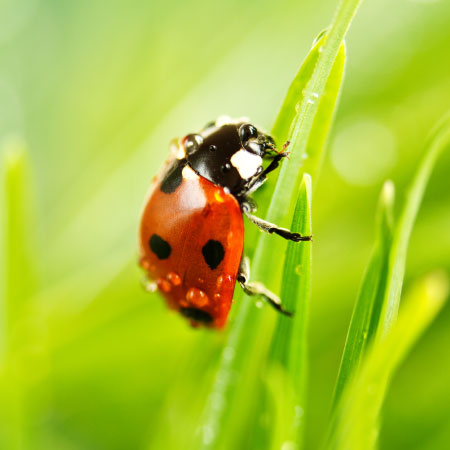Winter Mulch Information: Tips On Mulching Plants For Winter
Winter mulching is a great way to protect your plants while they're dormant in the cool months. Autumn is the time to give your plants a little protection from the approaching cold weather.

Caroline Bloomfield

Sign up for the Gardening Know How newsletter today and receive a free copy of our e-book "How to Grow Delicious Tomatoes".
You are now subscribed
Your newsletter sign-up was successful
Mulch Plants to Protect Them From Winter Cold
Depending on your location, the end of summer or the falling of leaves in the autumn are good indicators that winter is just around the corner. It's a time for your prized perennials to take a well deserved break, but just how do you protect them from the snow and ice that's coming?
Winter mulching is a popular practice and a great way to protect your plants while they're dormant.
Should I Mulch Around Plants in Winter?
Ideally, you should mulch your plants when nighttime temperatures are consistently at or below freezing, regardless of the time of year. Mulching plants in winter temperatures helps insulate them from rapid freezing and thawing, which can cause shallow rooted plants and bulbs to heave out of the ground and may burst delicate grafts.
Not all plants in all locations need to be mulched, however. If your location rarely sees temperatures below freezing, mulching your plants may keep them active through the winter instead of allowing them to go dormant. When these active plants decide to put out new growth, they may be damaged by a nighttime frost; damaged tissues are an entry point for many dangerous fungal and bacterial pathogens.
However, if your winters are cold and nighttime temperatures below 20 degrees F. (-8 C.) are common, mulching is your best bet for tender plants.
A variety of organic materials are suitable for winter mulch protection, including straw, pine needles, bark, and chopped corn cobs.
Removing Winter Mulch
Winter mulching is just that -- it's to protect your plants from winter. It is not meant to remain in place year-round. As soon as you notice your plant beginning to put out new growth, remove the mulch covering it. Too much mulch on an actively growing plant may smother it or encourage a variety of crown rots.
Sign up for the Gardening Know How newsletter today and receive a free copy of our e-book "How to Grow Delicious Tomatoes".
Make sure to rake away all excess mulch so that the crowns of your plants are again exposed to the world, but keep mulch nearby in case the weather takes a sudden turn for the cold.
Moving the mulch back onto your actively growing plant in preparation for a frost won't cause permanent damage, provided you remember to uncover the plant the next morning.

Kristi Waterworth was a regular contributor to Gardening Know How for many years, answering countless queries on plant pests and diseases.
- Caroline BloomfieldManager of Marketing Communications